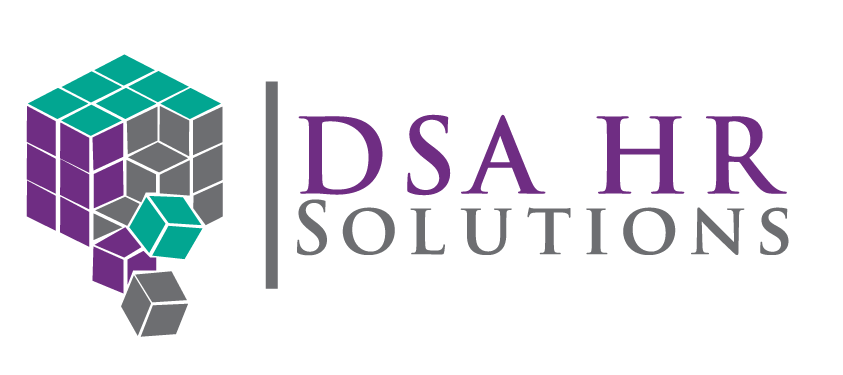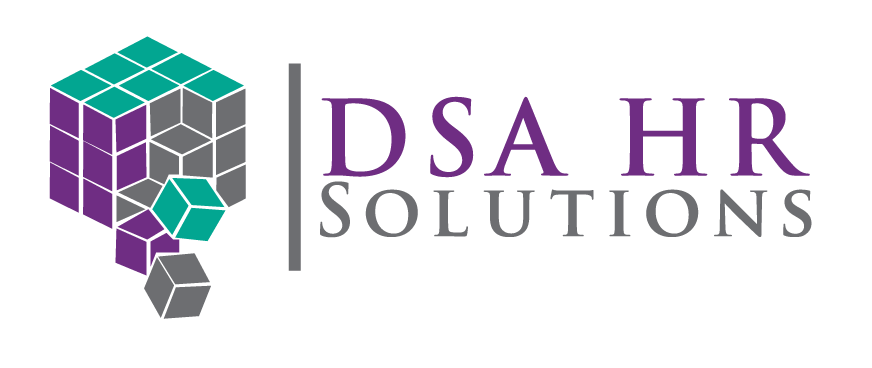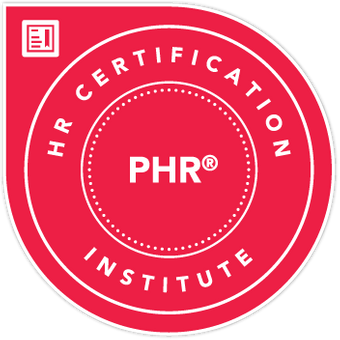Workers’ Compensation: What Bay Area Employers Need to Know About

Workers' compensation is one of those things that can feel like a daunting task for employers-especially in the Bay Area where the regulations can be particularly strict. But, rightfully so. The workers’ compensation is a very critical part of workforce management and shows how compliant your business is. If you’re left in the dark about the ins and outs of worker’s compensation and how you should go about it, here is a breakdown of everything you need to know.
What Is Workers Compensation?
The workers’ compensation is an insurance policy that covers job-related injuries or sicknesses.
This is a no-fault system, meaning that the employees do not need to prove that the employer was at fault for their cases—just that the injury occurred at work.
This policy covers:
- Medical expenses
- Rehabilitation costs
- Lost wages (portion)
This insurance policy is usually mandatory in most states, including California. If you have employees, it is of utmost importance to have this policy in place. Compensation laws in California are very comprehensive, which can be both a blessing and a curse. It ensures that all employees are covered and protected. But on the employers’ side of the spectrum, there are a lot of paperwork and legal requirements to tackle.
The Workers Compensation Laws in California
As stated above, California’s workers’ compensation laws cover a wide range of benefits for employees who have suffered work-related injuries or illnesses. Here is a brief overview:
| Coverage | Description |
|---|---|
| Medical Care | Covers necessary treatment no cost. |
| Temporary Disability | Replaces lost wages during recovery. |
| Permanent Disability | Compensation for lasting injury effects. |
| Job Displacement | Retraining if unable to return to previous job. |
| Death Benefits | Support for dependents after work-related death. |
This program is monitored closely by The California Division of Workers’ Compensation (DWC). California has strict requirements that must be met, which include providing employees with information on their rights and ensuring claims are filed correctly and on time. If employers do not comply with these requirements, it can result in fines and legal headaches that no business owner would want to go through.
How and When To File a Workers Compensation Claim
If one of your employees gets a job-related injury or sickness, the first step is making sure that they get their required medical attention and support.
Once this that done, the claims process starts. California state laws allow for a set timeline to report this to their insurance provider—mostly in the span of 24 hours. This process includes filling out the necessary forms and providing documentation that supports the claim.
How To Manage Workers’ Compensation Costs
Without a doubt, workers’ compensation can be a significant expense, especially if you have multiple employees. However, there are ways that you can manage and minimize these costs. One of the best ways to do that is by implementing a strong workplace safety program. Prevention is always best. Little to no accidents means lower or no premiums at all. Have a safety program that includes (depending on the nature of your industry):
- Regular training or courses
- Safety inspections
- Clear protocols
- Refreshers
Having a return-to-work program is another good cost-saving measure. This will help your employees get back to their work sooner, even if it's on modified duty, which can reduce the amount of time they’re collecting benefits.
Fraudulent Claims: How To Watch Out For Them
Unfortunately, even with the best laid-out programs and precautions, fraudulent claims can still happen. While most employees are honest, there are always a few bad apples who might try to take advantage of it. Disputes over claims can also be another problem. This is why vigilance and a good HR team is important to prevent fraud.
The Big Role of Human Resources in Workers' Compensation
The HR team is on the front of the lines in almost every employee-related matter, including workers' compensation. They cover everything from filing claims, to employee communication, and state law compliance. All of these require proper documentation and the best record-keeping practices.
If you have a particularly big team, the managers and supervisors also need training regarding these issues.
Whether you’re just starting out or already scaling your business, it might be time to consider partnering with HR specialists or consultants. Outsourcing your workers' compensation management can take a huge load off your shoulders.
At DSA HR Solutions, we specialize in helping Bay Area employers navigate the complexities of workers' compensation and other HR challenges. With our years of experience and expertise, we can help ensure that your business stays compliant and that your employees are taken care of.
For more information on California workers' compensation, check out these resources:
- California Department of Industrial Relations
- Workers' Compensation Appeals Board
- Local Workers' Compensation Offices
Author
We are a team of certified
HR experts based out of the San Francisco
Bay Area that provides
HR consulting services to businesses nationwide.




